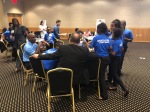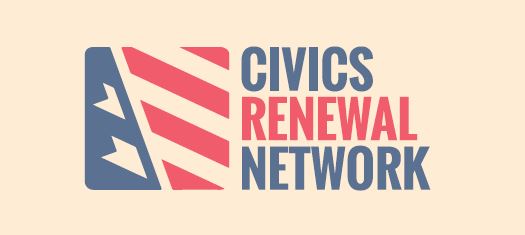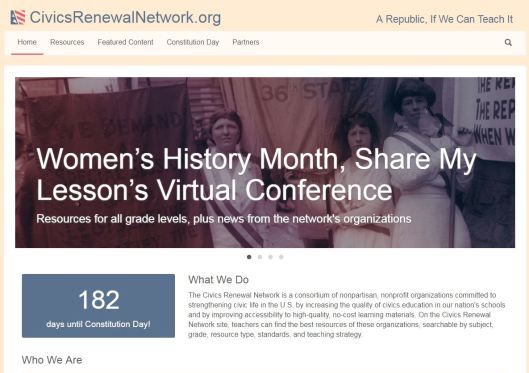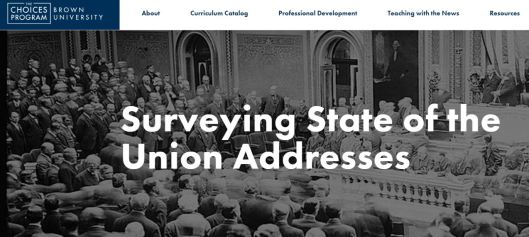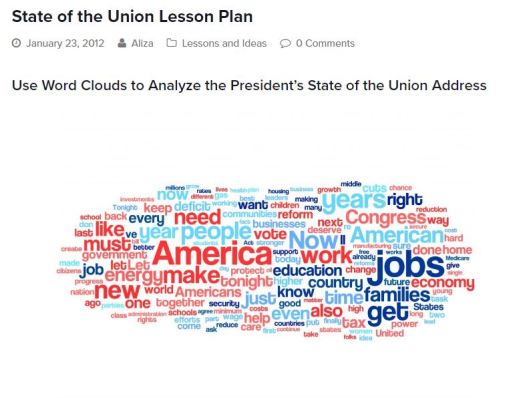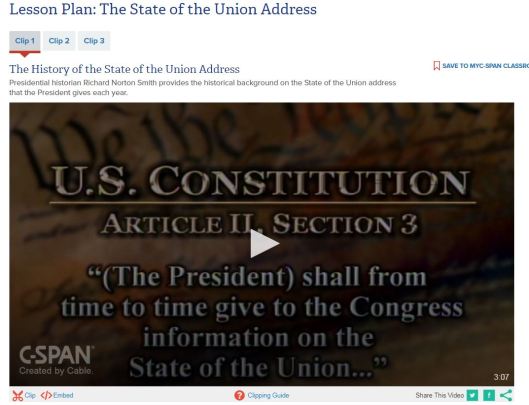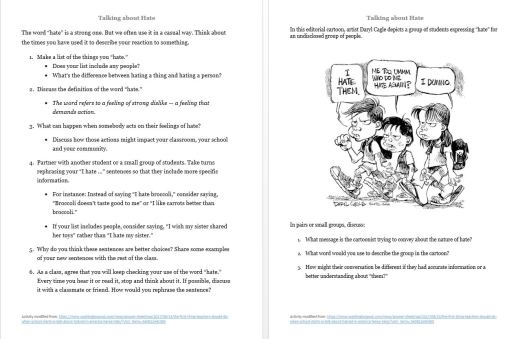Good morning friends. It is important, I think, for us to all be aware of legislation that can impact our beloved field and our profession. Of course we all know what is happening at the national level, but remember that ultimately, education is a state-level issue. And so, dear friends, what legislation is on the agenda in the current Florida Legislative Session that might be relevant for us? I have summarized significant or relevant pieces below, but remember that you can track all bills in our state legislature!

House Bill 67: Public School Recess
Requires that K-5 students get minimum number of minutes of free-play recess each week and minimum number of consecutive minutes each day.
Likely to pass
As the parent of an active third grader, I think this is a great and necessary idea. We know that recess has positive effects on student learning, and that it has seen some level of decline as schools have focused more on assessment. One drawback of this, however, is that this may impact the already limited time elementary schools devote to the social studies. It is, indeed, a difficult balance to strike.
House Bill 131: Mandatory Retention
Removes requirement for mandatory retention of 3rd graders based on ELA Assessment
Currently in committee
This is unlikely to have a huge impact on social studies, but it could have a significant impact on elementary schools and promotion/retention policies and approaches.
House Bill 303: Religious expression in public school
Prohibits discrimination against students, parents, or school personnel on basis of religious viewpoints or expression; requires districts to adopt limited public policy forum and deliver disclaimer at school events; requires DOE to develop and publish model policy and boards to adopt and implement it
Passed; moving on to governor
Senate Bill 392: High School Graduation Requirements
Adds .5 credit to social studies requirement in the form of a stand alone personal financial literacy course and money management. Reduces elective credits to 7.5.
Moving forward
The state of Florida has tried to implement some sort of personal financial literacy component for the past few years. This time, the bill seems more likely to pass. Obviously it increases social studies requirements for high school graduation, and will necessitate a re- balancing of teacher preps. Note that this is a stand alone course and NOT integrated into the traditional economics course. It also will have an impact on the arts and other electives, as students lose a half-credit there.
House Bill 549: Student Assessment
Requires that DOE website publish any assessment administered or adopted during previous year. Expectation is every three years (see College Board as example)
Working through committees
This bill, if it passes, is likely to have a some level of financial impact on the state; currently, the DOE re-uses test items. If they are required to post older tests, they will then have to order the creation of even more items for a bank.
Senate Bill 964: Education Accountability
Eliminates End of Course Assessments (including Civics and US History)
Passed Senate, on to House; likely outcome unknown
The House and Senate differ, generally, on the benefit of accountability measures. It should be noted that the passage of the Sandra Day O’Connor Civic Education Act and the existence of the civics EOCA provides social studies education with a much greater level of prominence and importance than it had prior to the act and the assessment. What happens to that if the assessment disappears?
House Bill 989: Instructional Materials for K-12 Public Education
Revises terminology, standards, and review and adoption processes relating to K-12 instructional materials; PROVIDES FOR OBJECTION BY CERTAIN PERSONS TO ADOPTION OF INSTRUCTIONAL MATERIALS; provides right to appeal school district decisions; REQUIRES DISTRICT SCHOOL BOARDS TO PROVIDE CERTAIN PERSONS FULL ACCESS TO MATERIALS IN SCHOOL LIBRARIES
On track in House and Senate
We are currently in an adoption cycle, and texts and resources for social studies are likely to have been selected before the requirements of this bill are implemented (should it pass). However, our science friends are likely to be impacted by this, and note that it allows anyone, not just parents, to object to curricular resources being used in schools. We have seen, in our state, vigorous debate over instruction in certain controversial issues in social studies; this will probably increase the amount of those discussions.
House Bill 1023: Required K-12 Instruction
Revises requirements for instruction relating to Africa to include specific content relating to enslavement of African peoples; revises requirements for curriculum of required character education programs to include history of Africa and African-Americans
Still in early stages
Obviously this would fall under the social studies bailiwick.
Senate Bill 1710: Education
Designates September as Founder’s Month; revises duties of ‘Just Read, Florida’ office to include developing resources for elementary schools; requires postsecondary students to demonstrate civic literacy.
Moving forward
The expectations of this bill reflect what we already teach in our US history, civics, and government courses. I am, honestly, not quite clear on the part that requires a demonstration of civic literacy by ‘postsecondary students’. This could be some sort of graduation test around civics, or it could be a civic assessment targeting college students. We will have to wait and see.
Remember, always, to make your voice heard. As social studies teachers and as civic education professionals, let’s be models for our students, no matter where you stand on these or other bills.



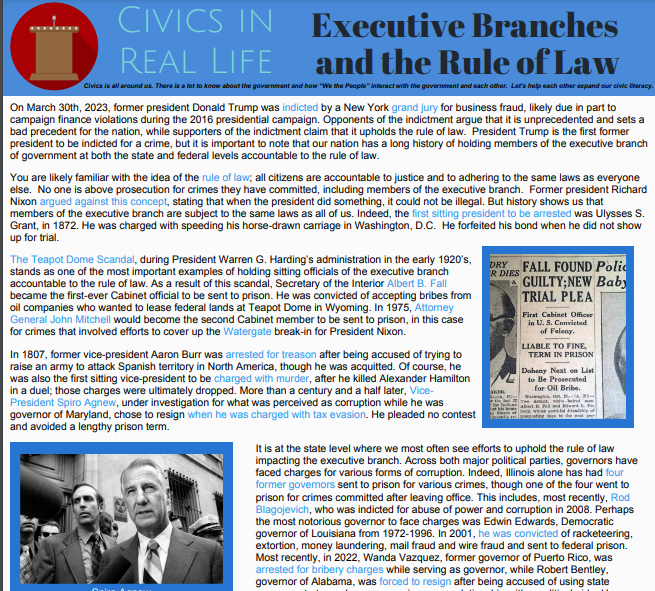

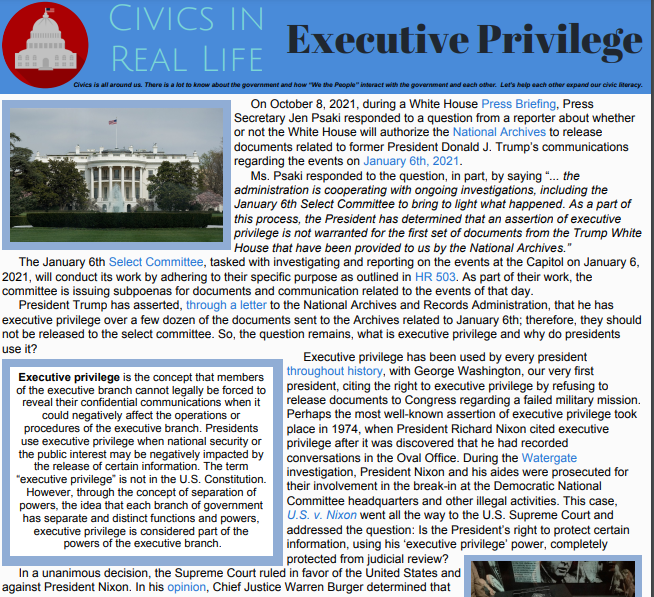
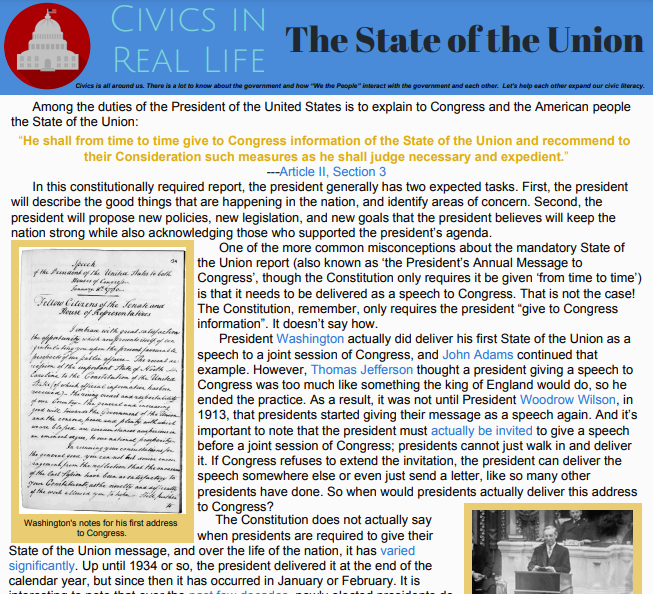
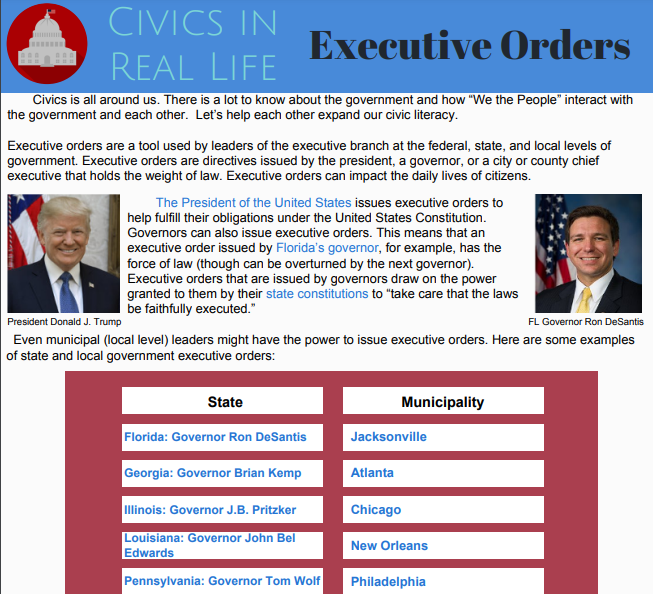


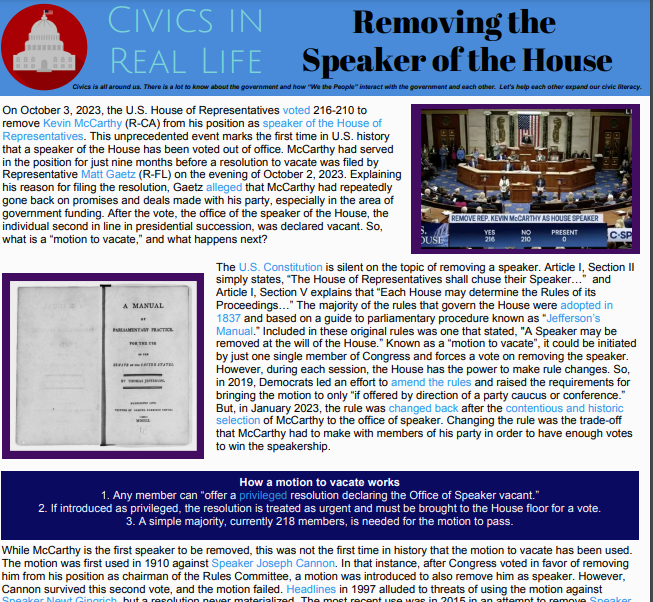

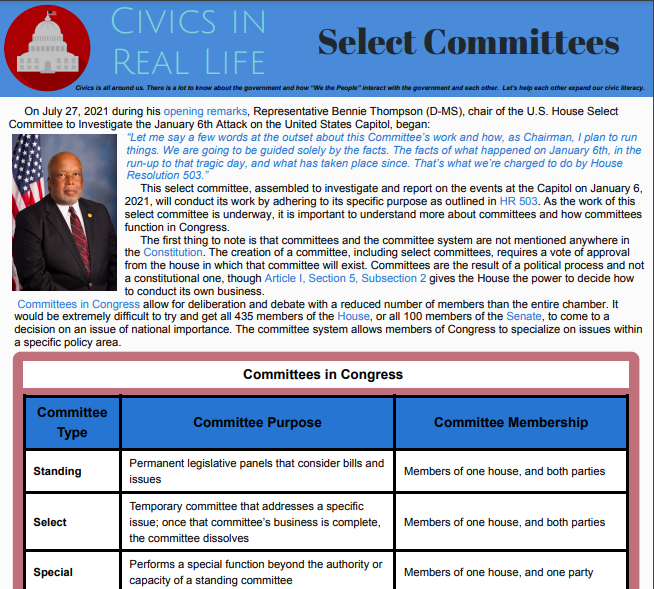
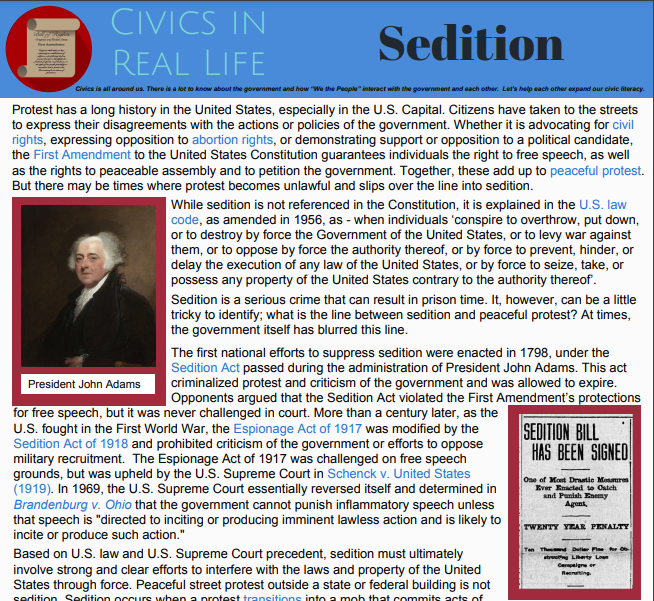

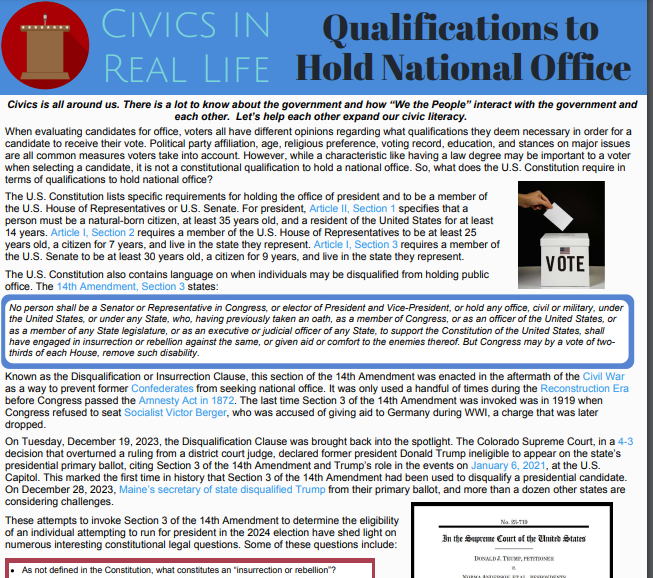
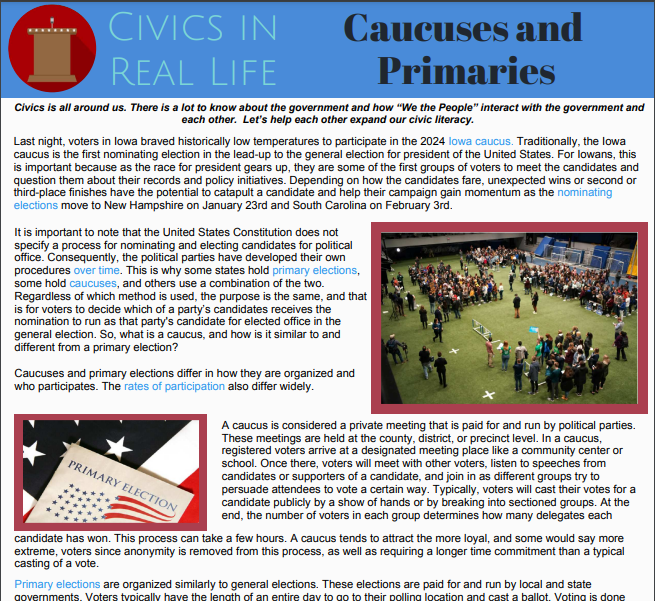
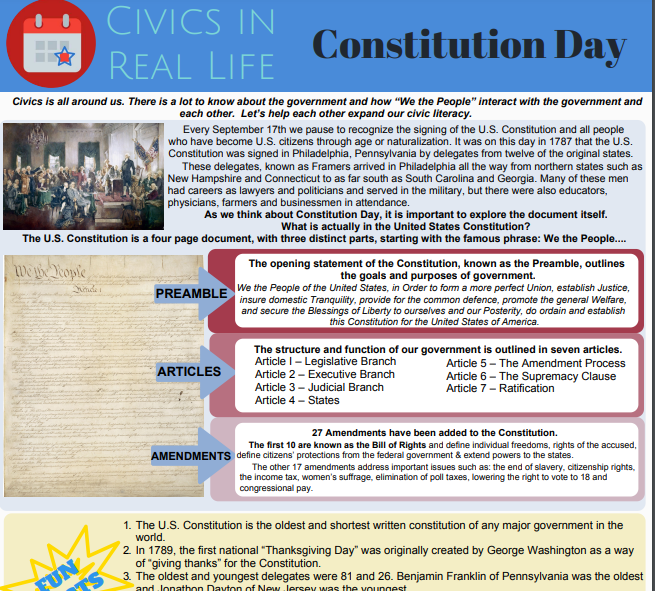
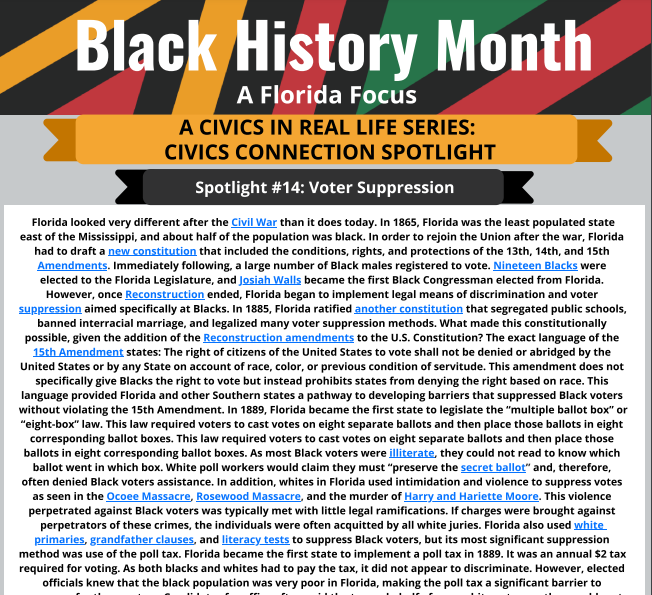
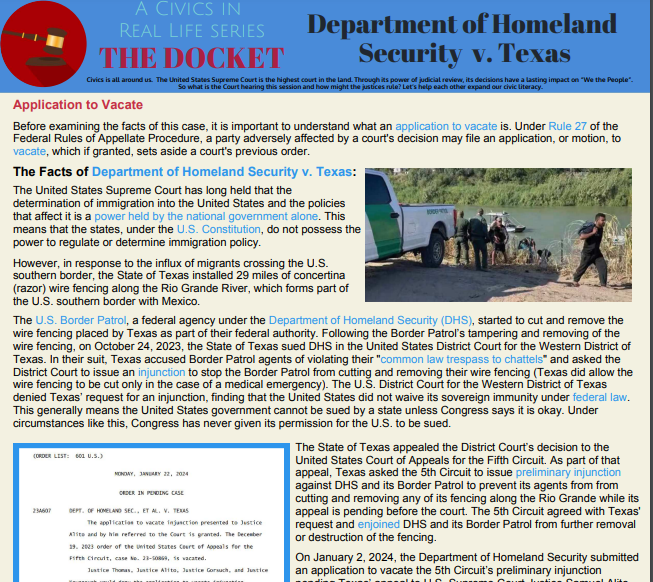
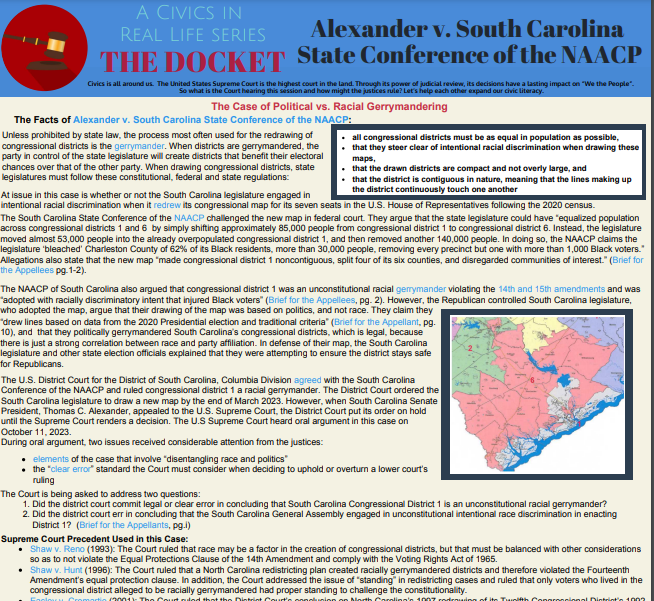
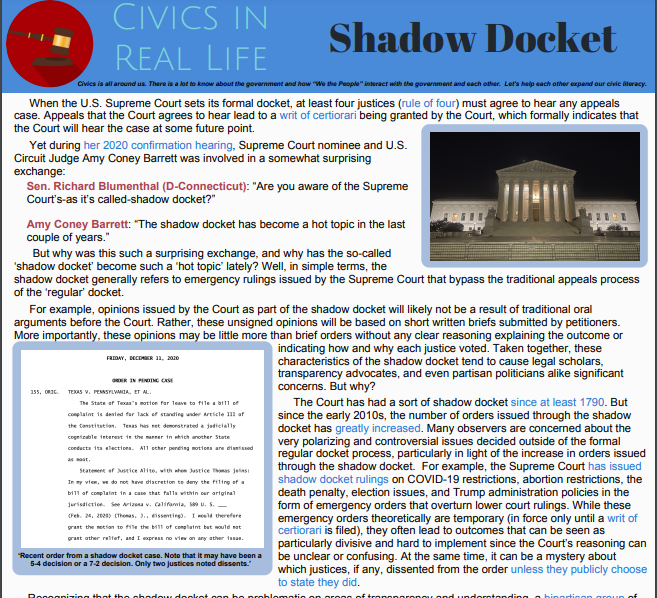


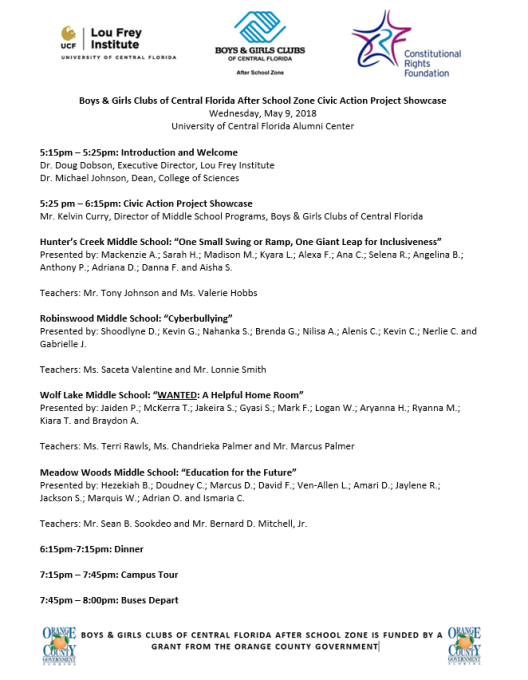
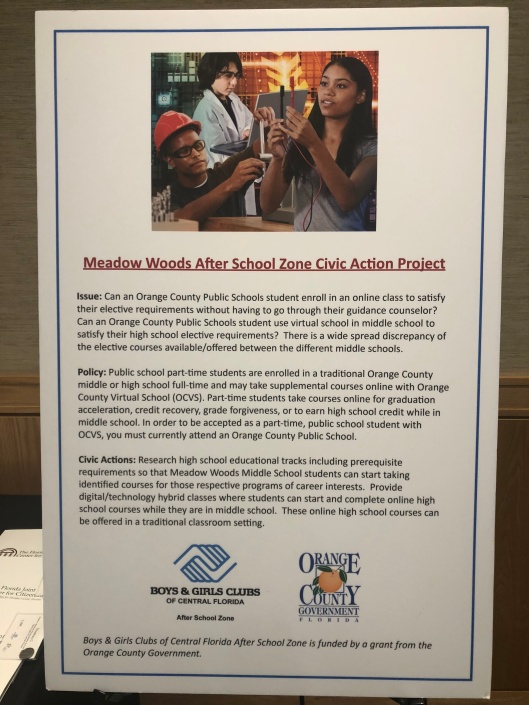
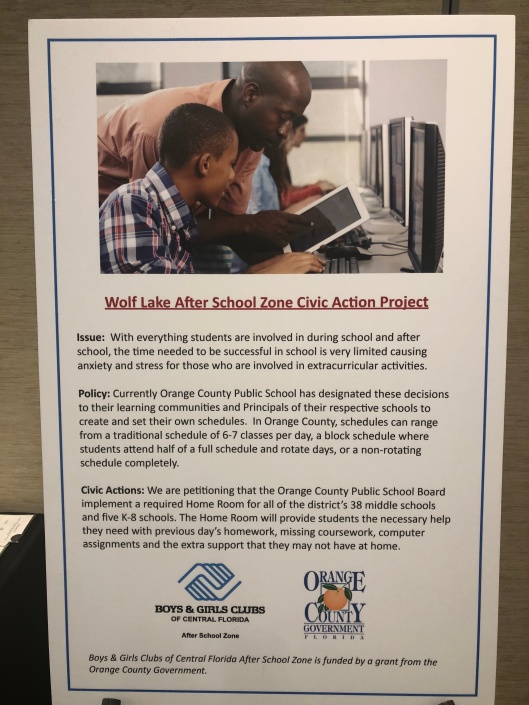
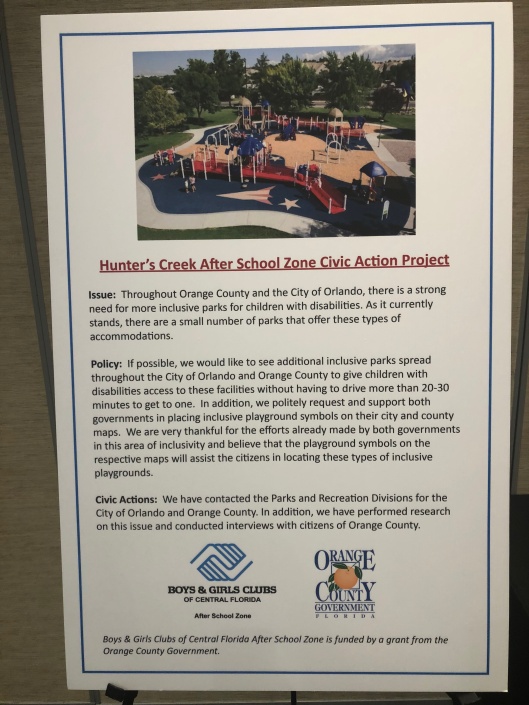
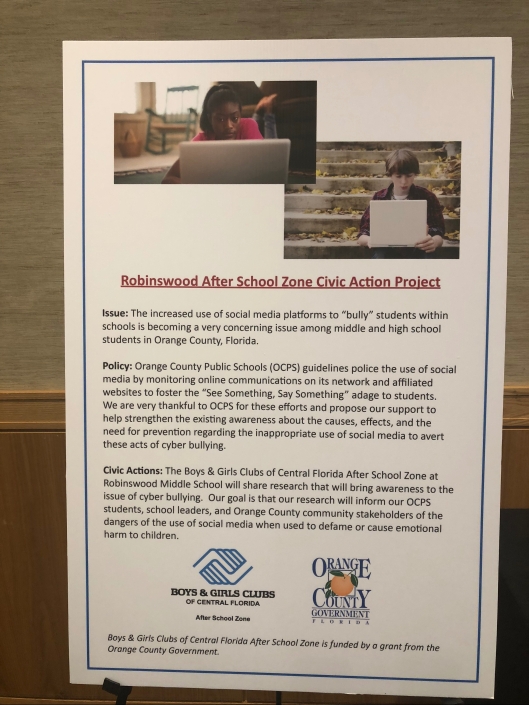
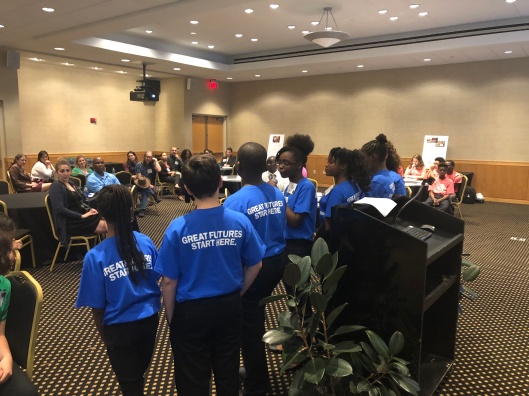


![IMG_1288[1]](https://floridacitizens.files.wordpress.com/2018/05/img_12881.jpg?w=529)
